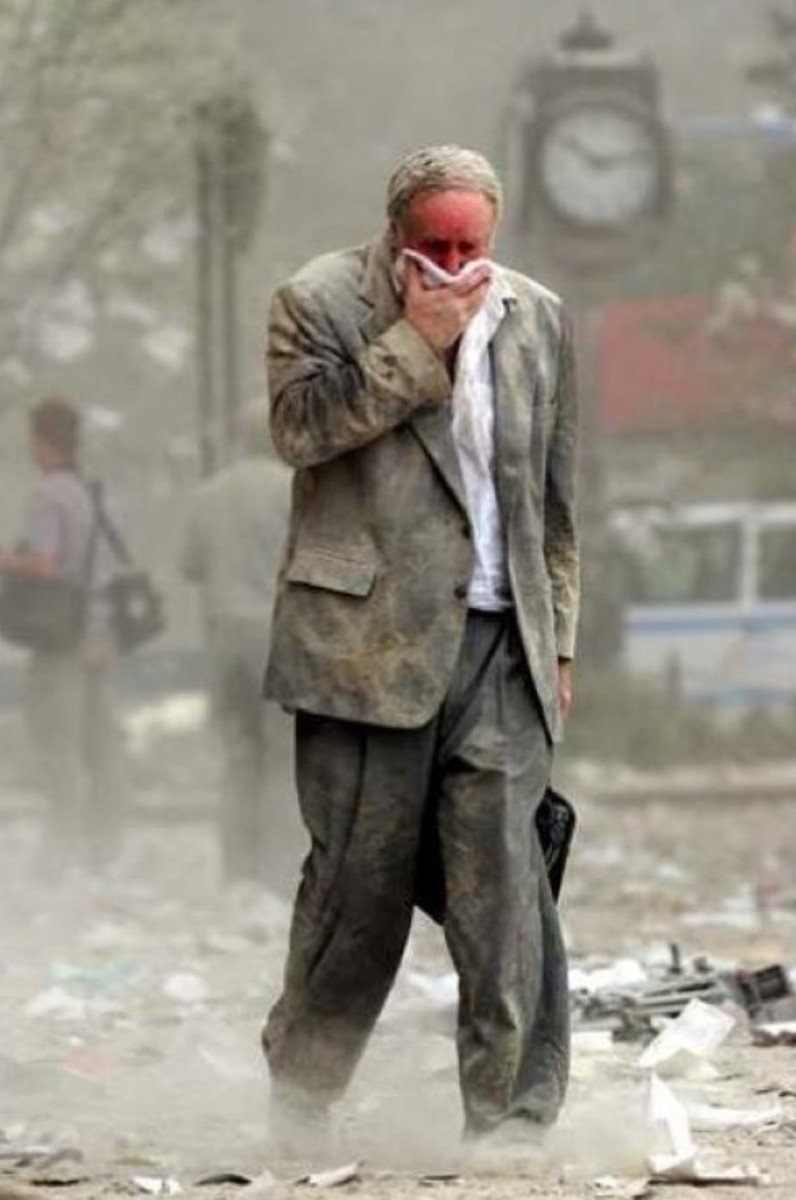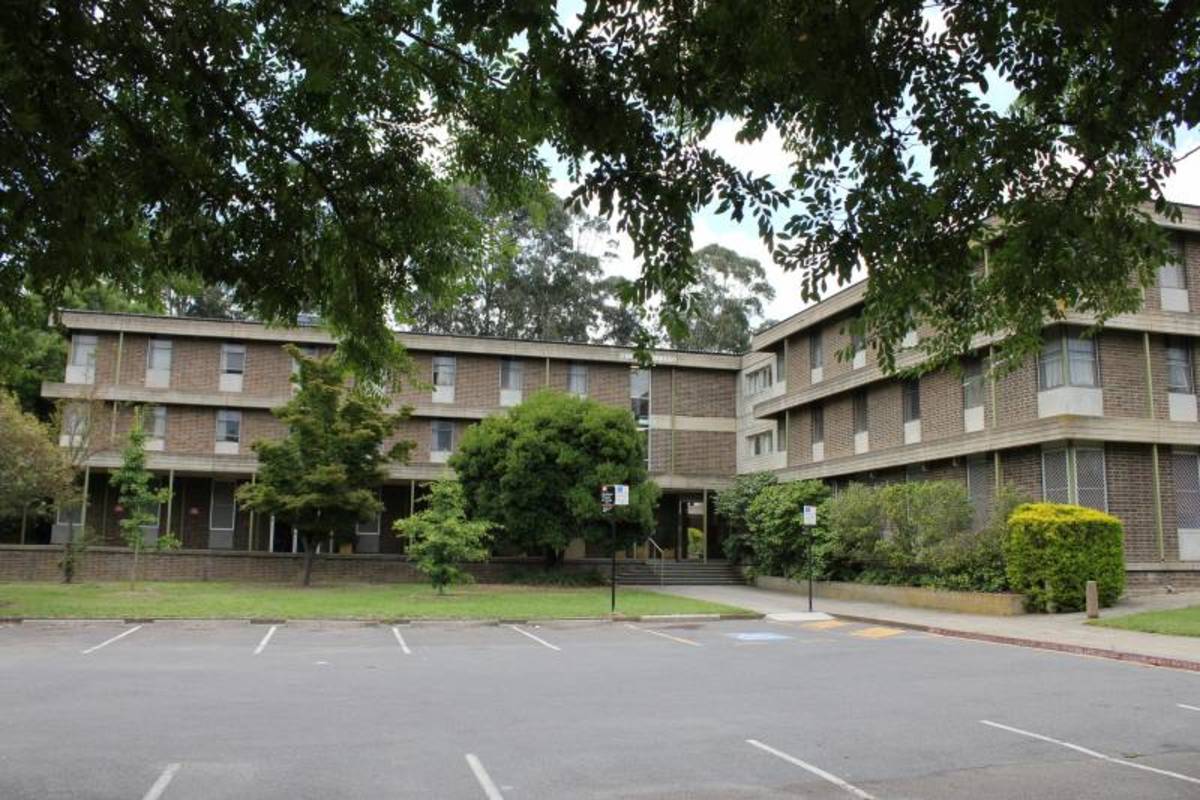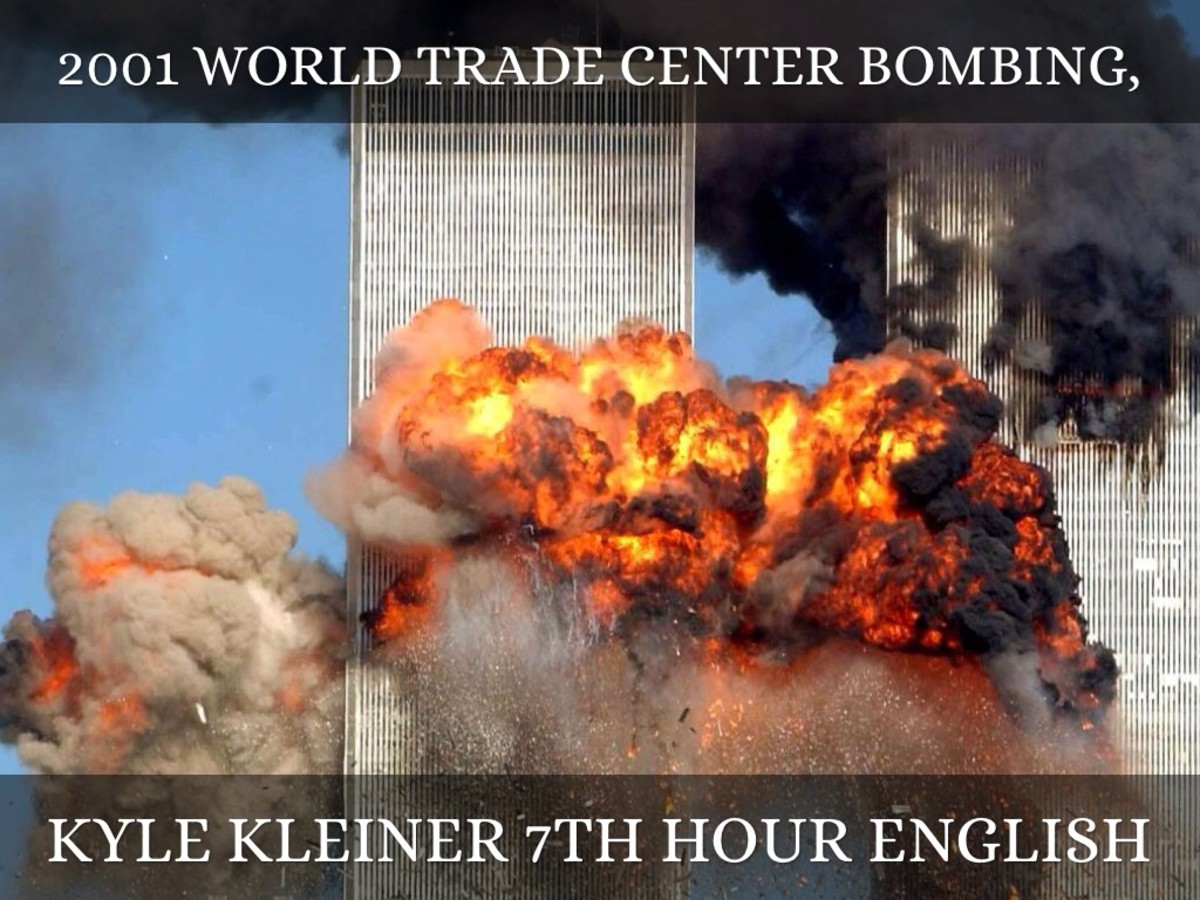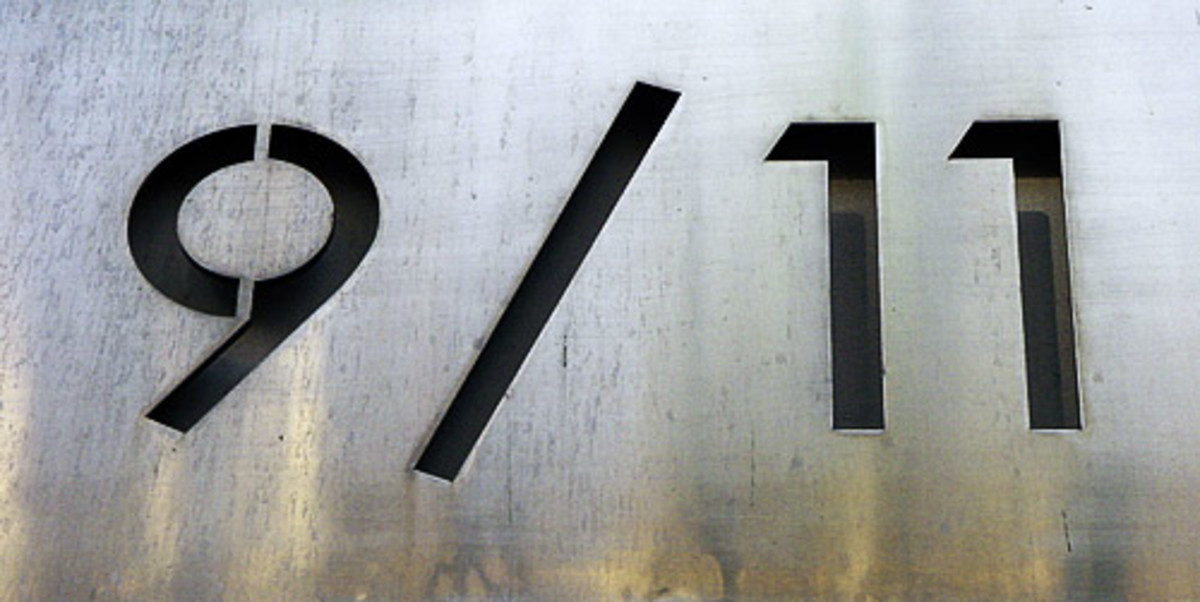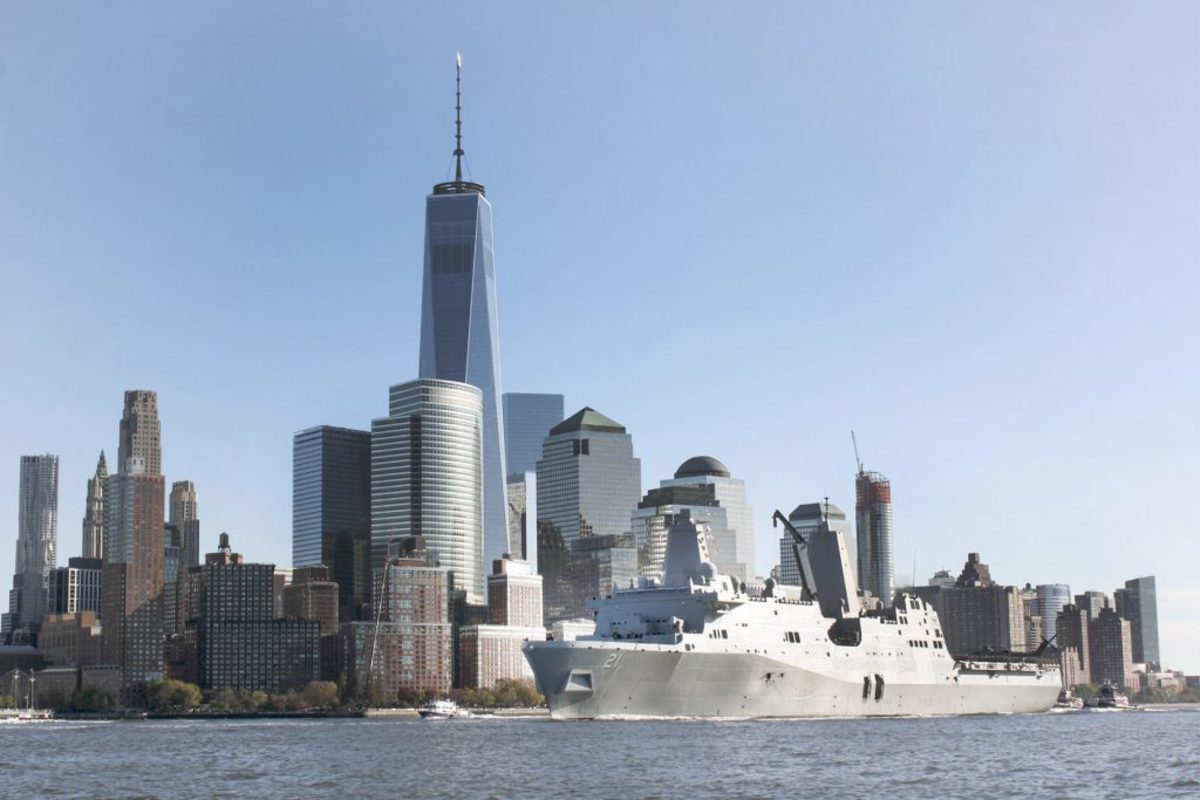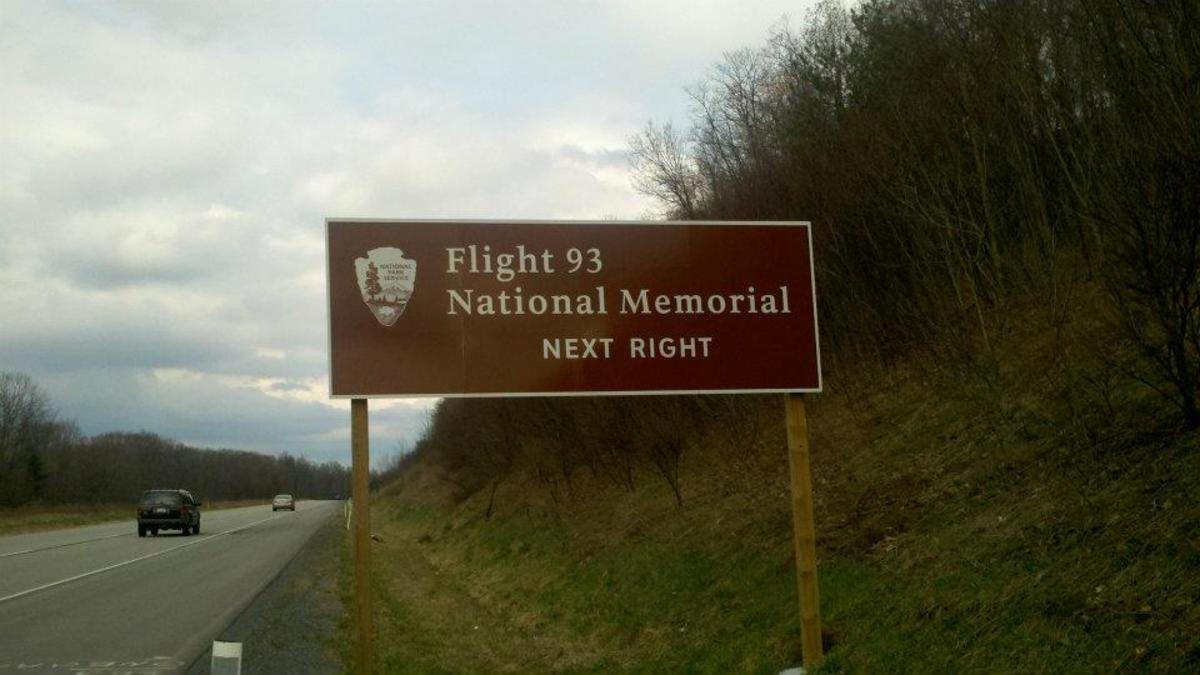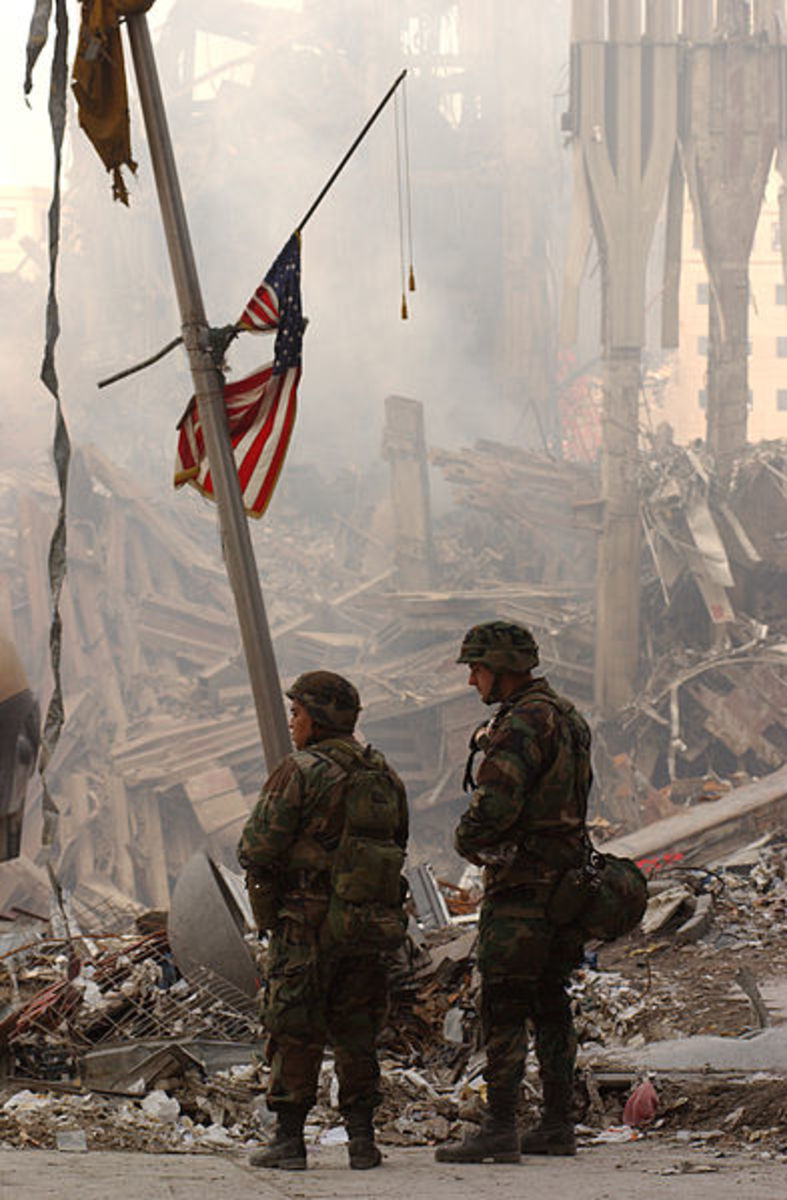A Therapist's experience of 9/11 and a "guilty" request.
A Therapist’s experience of 9/11 and a “guilty” request.
I was watching The Guys, a movie starring Sigourney Weaver and Anthony Lapaglia, in which Sigourney plays a journalist who helps a New York City Fire Department Captain eulogize firefighters who died September 11, when it hit me. It came to me what I’ve wanted to say for some time now but didn’t know how. I’ve wanted to recognize the less recognized heroes of that terrible time without seeming to minimize or compete with those already honoured. The policemen, doctors, of course the firemen, in fact everyone who sacrificed themselves or provided aid, hell, even survived, deserve all the recognition and compassion that they have received for their heroism and loss. But please allow me to say what I need to say, what I believe should be said; I want to honour my colleagues, my brothers and sisters in profession: The counselors.
If I speak to no one else but you, if no one else hears or understands, I want you to know that no matter what your title; therapist, grief or crisis counselor, trauma debriefing specialist, I understand what it was like for you in the aftermath of September 11, or for that manner, after any tragedy which you encounter on the behalf of others. But that’s not completely honest, I do want everyone to know, to read and hear the words that you won’t say. I want this not to promote or elevate us, but because we need comfort too. We set ourselves aside as an accepted part of what we do, but we get hurt and afraid, we get overwhelmed and lost, we need people too.
Have you (and by you I mean every reader) ever noticed that after every trauma, every shooting, stabbing, bombing, every crash and derailment, every child death, every suicide, ever gross and terrible injustice or accident, every time you read or hear about any of these in the news, you will be told some variation of: “Grief counselors have been made available”. Ubiquitous and obscure; available for what?
It’s a beautiful and terrible job, this helping profession. Bound by confidentiality, below public notice, it’s intensely intimate and lonely all at once. What do we do, what can we do, in the face of such horrible pain and devastation? How do we help rebuild as we sort through the wreckage of shattered faith, love, trust, and the sorrow of broken dreams? It would better for us, perhaps even easier (and I use that term cautiously) somehow to do something concrete, to move rubble, bandage physical wounds, even to pull out bodies, as horrible it most certainly would be. You see, that’s part of the horror for us who are inclined and trained to empathize, to face heartache far beyond what we can fully embrace. It’s the helplessness of encountering trauma so much larger than our capabilities and still be expected (our own expectations especially) to make a difference.
After September 11, I met a number of children who had forgotten how to tie their shoes. Even through the rage I felt about how they were allowed to watch the terror on TV, I understood completely. If I had my way, I would have been quite alright with regressing. Just let me curl up somewhere or hide under my sheets and let other people deal with things for a while. Make the bad things go away! But we didn’t have that option, did we? We were to be part of making the bad things go; we had to find a way of helping children believe against what they saw that they were safe, and that planes that carried their parents wouldn’t drop out of the sky, and that their moms and dads would come home after work, and that their schools and homes wouldn’t burn-as if we could know that. And we had to be there to try to help the loved ones of those who died continue to live.
What we do is so intangible, so profoundly nebulous. There is no physical evidence of the wounds we bandage, the rubble we clear, what we salvage and preserve. And often the better we do our jobs, the less we are remembered, the less credit we can and want to take, because it is vital that the people we help experience the empowerment of self-healing.
But I ask that you remember us, those that were there during and after September 11; those who continue to help in their quiet way for that time and all the times of horror and loss that life can bring. I want you to know in some small way what it is like to be called to help make sense of the incomprehensible, to offer comfort when no comfort is sufficient, and to be present for the experience of another’s pain while not drowning in your own, and trying not to think of your own loved ones and the losses you yourself face. Share your feelings with us, we say. Give them to us if you can, so you won’t forever be haunted by them.
At the end of the movie the fire department captain gives his memorial speech offering and receiving comfort and recognition, while in the background, the writer applauds as well, quietly knowing she did her part as best as she could to help, to “facilitate” as we say in the biz. But just once, and I do feel guilty for asking this, I want us to be recognized as well.
Theo Selles, M.Sc.
Family Therapist
Staff Development and Teambuilding


